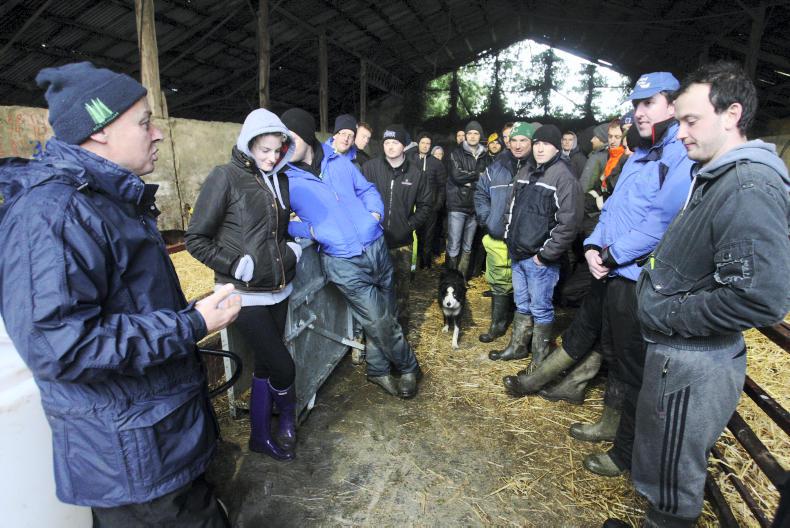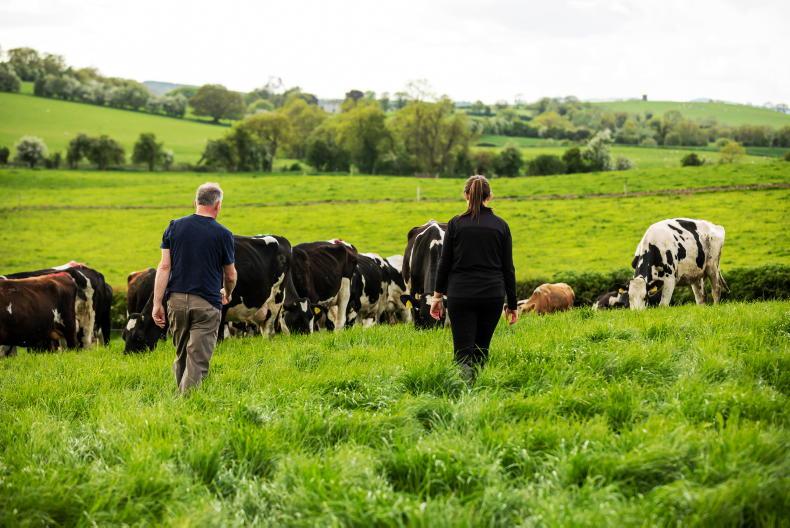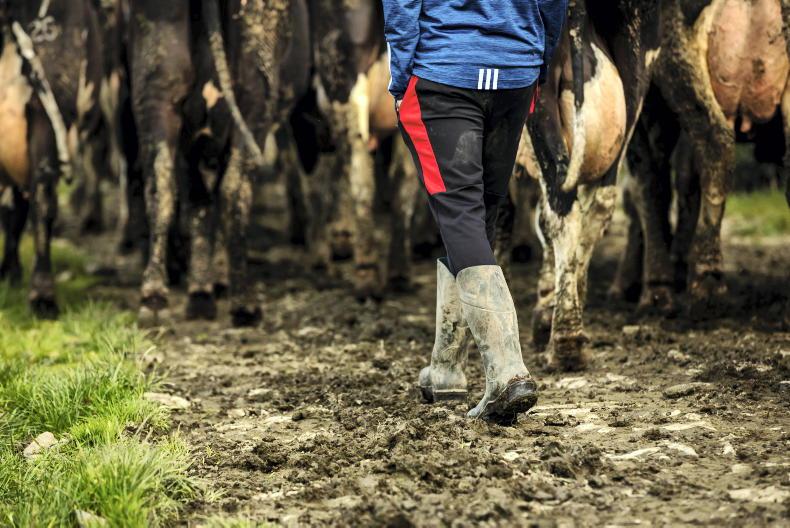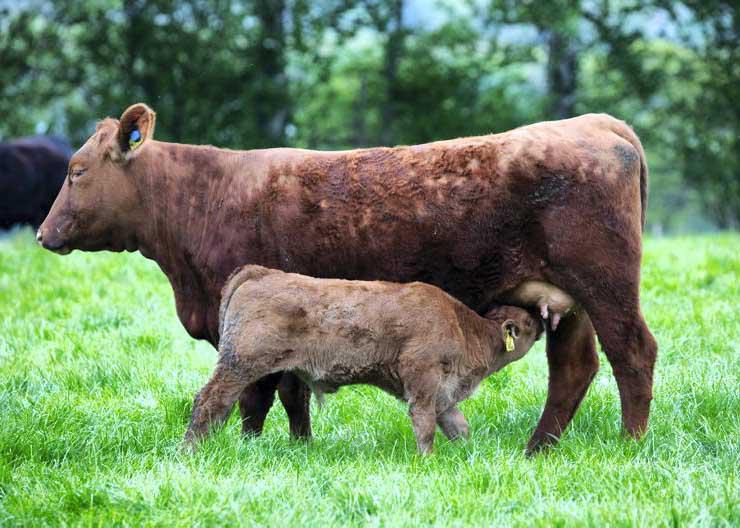As revealed by the Irish Farmers Journal this Tuesday, Teagasc has put together a radical plan to accommodate the 3,600 applicants waiting to start agricultural education and will now send it to the Government seeking approval. Why is the flagship agricultural training course in need of so much attention? Here are the five challenges facing the Green Cert.
1. Wave of new applicants
Under the new CAP in place since last year, the Green Cert has become a requirement to access the Young Farmers Scheme and the National Reserve. The terms and conditions of the schemes state that applicants must have at least started a FETAC Level 6 course. This is the official name of the Green Cert.
While the National Reserve has been exhausted, the Young Farmers Scheme remains an attractive proposition, with a guaranteed top-up worth 25% of the average national BPS on the first 45ha claimed.
According to Teagasc, from 500 in previous years, the number of applicants jumped to 3,500 in 2015. Another 1,000 applied this year. Teagasc doubled capacity to 1,000 last year, leaving 3,500 on the waiting list, with more continuing to come in.
2. Tensions between established and new farmers
This situation has caused frustration for applicants as well as the wider farming community, with social media comments sent to the Irish Farmers Journal on Tuesday questioning the bona fide of some among the surge of new farmers looking for education.
@farmersjournal this is such a joke,backlog of teachers/builders etc looking to become"farmers"to exploit agricultural grants #onlyinIreland
— Aidan McCarthy (@AidanAidanmc) December 13, 2016
@KieranMcD77 @AidanAidanmc @farmersjournal OK lads doing green cert so they can get #bpspayments for their land or reduce inheritance tax
— Bernard Dooley (@berndools) December 13, 2016
3. Geographical imbalance
While the surge in new applicants have come from the northwest, none of Teagasc’s four colleges or the three private colleges accredited to teach the Green Cert are based in this region. This adds commuting and accommodation to the worries of those on waiting lists.
4. Recruitment ban
Like all Government agencies, Teagasc was under a recruitment ban between 2009 and 2014 following the financial crisis.
As soon as the ban was lifted, Teagasc doubled its teaching staff by recruiting 70 temporary employees for 2015 and 2016. Their contracts are now coming to an end.
Public service recruitment remains tightly controlled and Teagasc director Gerry Boyle told the Irish Farmers Journal last month that the agency would not be allowed to renew existing contracts. The reduced number of lecturers sought under the latest plan will again need to be recruited on fixed-term contracts.
5. Course review
Following a public consultation earlier this year, the Green Cert will undergo a deep review before the next academic year begins in September 2017. The content and structure of the course, as well as the skills and knowledge expected of future farmers, will get their first major update in 30 years.
A standards review group completed its examination of the course and its work received approval from Quality and Qualifications Ireland in August this year. A report is due to be published in early 2017 to reveal the face of the new course awaiting the next class of the Green Cert.










SHARING OPTIONS